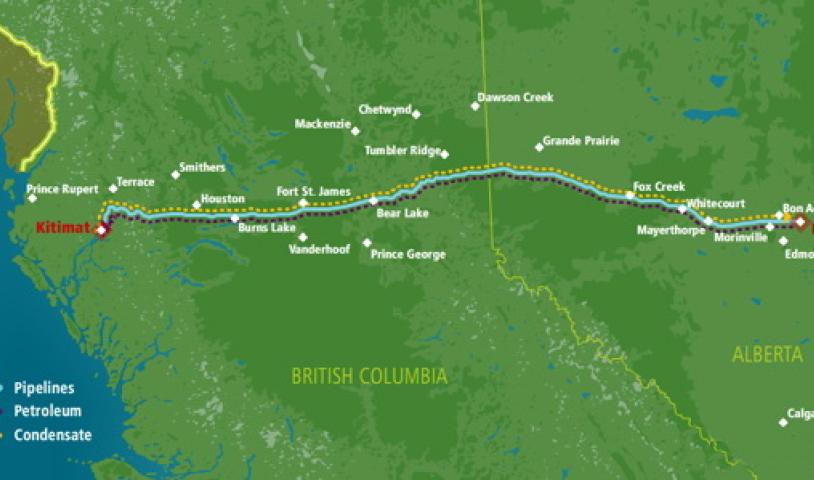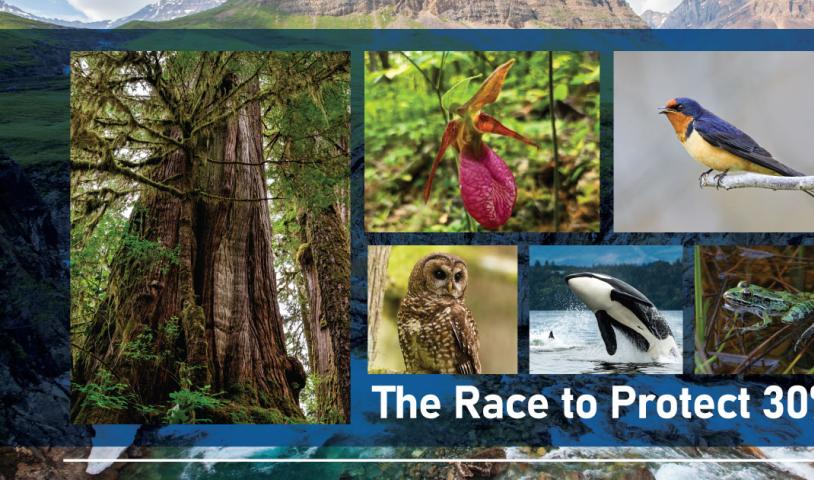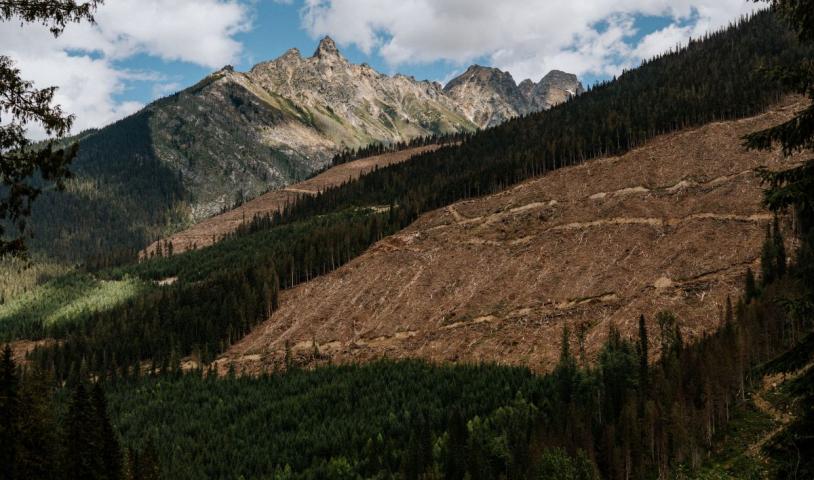First Nation rejects pipeline input offer
Wednesday, July 8, 2009
The Stellat'en First Nation says it has rejected an offer of $33,368 from Ottawa to provide input into the terms of a review of Enbridge's proposed $4.5-billion pipeline through northern B.C.
The First Nation, one of a dozen offered review funding, said they turned down the funding because it did not meet their proposal, which was for a firsthand examination of the pipeline route, Stellat'en First Nation natural resources director Eddison Lee-Johnson said Monday.
Lee-Johnson said the First Nation wanted to have their elders walk the route of the pipeline in their traditional territory, with an environmental organization, before commenting on the draft terms of the panel review.
He said the Stellat'en were told their proposal did not fit into the first phase of federal funding.
The Stellat'en's proposal was meant to determine at an initial stage whether the Enbridge proposal should go ahead, noted Lee-Johnson. The Crown has a legacy of bulldozing First Nations into their consultation process, but the Stellat'en will not accept that, he said. Instead, they are seeking consultation with the federal government through mutual collaboration or agreement, said Lee-Johnson.
The Citizen, in a story Saturday, had indicated that the Stellat'en, and another 11 First Nations, had received just over $335,000 in funding from Ottawa to participate in a review of Enbridge's proposed $4.5-billion pipeline from Edmonton to Kitimat, according to documents filed with the Canadian Environmental Assessment Agency (CEAA).
Federal officials said Monday the funding review committee reports contained recommendations for First Nation funding to participate in the review. Successful First Nations applicants are required to sign a contribution agreement before the funds can be used. "The agency is currently in contact with each recipient in order to put in place contribution agreements," CEAA spokesperson Annie Roy said in an e-mail response. "As of today, none of the First Nations who were approved for participant funding has officially declined the funds," she said.
For the proposed $4.5 billion pipeline project, the first phase of funding can be used to review the draft review, to gain an understanding of the federal environmental assessment process and consultation, said CEAA.
Additional funding for activities such as reviewing Enbridge's environmental impact statement and preparing to participate in public hearings are available under the second phase of participant funding.
While Enbridge has signed agreements with some First Nations on information sharing and establishing how to interact on the project, some First Nations have already said they are opposed to the project. Both the Wet'suwet'en, located in the Burns Lake area, and the Nadleh Whut'en, 160 kilometres west of Prince George, are opposed to the project because of environmental concerns.
Key issues in the complex project -- described by Enbridge as the largest crude oil pipeline expansion in North America -- include mountainous terrain, hundreds of river crossings and a tanker terminal at Kitimat.
Thousands of workers will be needed during the estimated three-year construction period, but relatively few when complete. It's estimated that 50 permanent workers in Kitimat will be needed and a handful of workers along the route.
Enbridge has said it plans to file its environmental application this year.
A two-year assessment timeline - should the company get approval - puts the start of the three-year construction period beyond 2012.
http://www.princegeorgecitizen.com/20090706200861/local/news/first-nati…





